People’s browsing habits, their IoT household products, and their devices can present risks to privacy and safety. Regulations are constantly changing, and many users aren’t aware of the ones currently in effect. Companies can’t always be relied on for protection either. While many people confess they have nothing to hide, quite a few don’t realize how much they have to lose if their digital identity is compromised and their data stolen.
One way to protect your personal data by running a quick background check on yourself to confirm it’s accurate. This article provides a full list of the measures you can take to secure your digital identity.
Avoid Public Wi-Fi
Without a doubt, public Wi-Fi is a big convenience. The downside of that is you’re not the only one utilizing this convenience. So are cybercriminals. The accounts you access on public Wi-Fi are very easy to see, so if you do use it, don’t enter any personal information.
Watch Your Browsing Habits
As you browse, attacks against your Internet Service Provider can lead to hijacking data. While you’re powerless on this level, keep in mind what cookies do: they track the sites you visit. If you don’t want your activity tracked, simply click on “reject all (cookies)” when prompted.
Update Your Security Software
Update any software you use and switch to another type of provider if updates are no longer possible. Having the latest version is the best way to protect yourself from viruses and other malware. Make sure you install virus detection software and firewalls on your home computer.
Log Off or Lock Devices
Log off or lock any devices or computers you’re no longer using. A hacker can access your data if you fail to do that.
Use Complicated Passwords
Change your passwords as soon as you find out someone you work with has suffered a data breach. Even a small breach can easily reveal passwords to accounts and other details. When you choose a password or passphrase, avoid common words and generic information like your date or place of birth.
To eliminate the risk of forgetting your password or phrase, use a password manager. These apps keep all your data in one place.
Don’t Keep Data Online
The surest way to protect your personal data is by never making it accessible. Really sensitive data is best kept offline, like on an old computer or device. This includes bank details, addresses, and some types of financial information. When downloading an app, make sure it’s legitimate. Download only from the original producer in case of doubt.
Check Documents and Records
Look at bank account and credit card statements regularly and compare them with receipts. Destroy expired cards, receipts, old statements, credit offers, and other finance-related documents. Get a copy of your medical records from your provider and store it in a safe place. You’re entitled to a copy under the Health Insurance Portability and Accountability Act.
Review Your Credit Report
Cybercriminals can use your personal information to access medical services, take out loans, and more. As a result, your credit rating can plummet. Review your credit report regularly for inexplicable changes. If you see something suspicious, you can ask your issuer to place a fraud alert on your credit report. This way, nobody can take out a loan in your name. The bank or credit institution will subject every loan application to stringent verification procedures before approving it.
When you place an alert, you’ll get a free copy of your credit report, but you’re entitled to one even without an alert. Transunion, Experian, and Equifax all provide credit freezes to protect you.
Unguessable Answers to Security Questions
When choosing security questions, the best ones are those to which only you know the answers. Information like a wedding date, an old address, or a zipcode is publicly available. It’s also not recommended to choose questions about favorite colors, hobbies, states, countries, or others with limited answers.
Check for Data Leaks by Email or Phone
Corporations like Facebook, Target, and Yahoo have all suffered data breaches and password leaks. If you want to check whether any of your accounts have been hacked, there’s a free and easy way to do that. The website Have I Been Pwned? will give you this information. It’s built on a very simple premise: simply enter your phone or email in the search bar on the home page to see if it was in a data breach.
Avoid Data Breach
To avoid breaches in the first place, use different and complex passwords and passphrases. Change the default ones on any smart devices used in your household. Among these are things like routers, security cameras, and smart fridges. Even a smart light bulb can be hacked!
It’s highly unlikely that you’re not familiar with the concept of two-step factor authentication. Most banks and social media offer this option today. By securing your accounts via a password and a code to which only you have access, you’re adding an extra layer of safety as opposed to just a password or passphrase.
Do Away With Targeted Advertising
You can disable ads from Apple, Facebook, Google, or another provider based on interest, but you’ll need to tweak your settings manually to opt-out of them. Popular platforms like Netflix and Reddit have clear instructions on how to do this. If you opt-out of targeted ads, the data on you that companies collect will be far less.
Use a Virtual Private Network
VPNs have helped lots of internet users secure their digital identity. They are indispensable if you need to use public Wi-Fi because they hide your data from your Internet Service Provider. They also bring tracking based on IP addresses down to a minimum. This option is recommended only if you’re sure you can trust the VPN provider – or at least more than your ISP. There are some illegitimate companies that sell their users’ data.
Install HTTPS Everywhere
HTTPS Everywhere is an open-source extension that can protect you at no cost. It does this by directing you to the safe version of every site you access. This is helpful if you’re using a public connection in a café, airport, hotel, or restaurant. If the site doesn’t have a secure version, it won’t work, unfortunately.

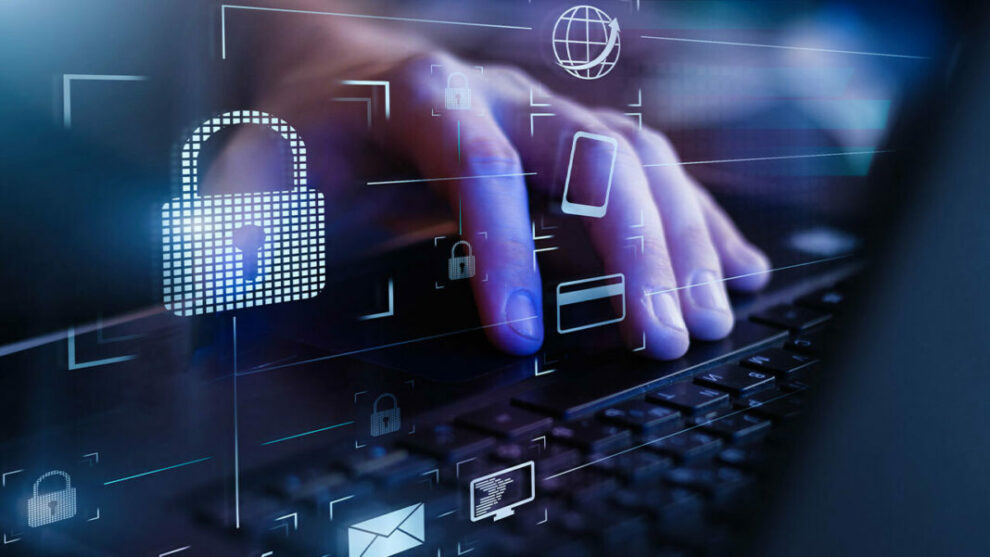


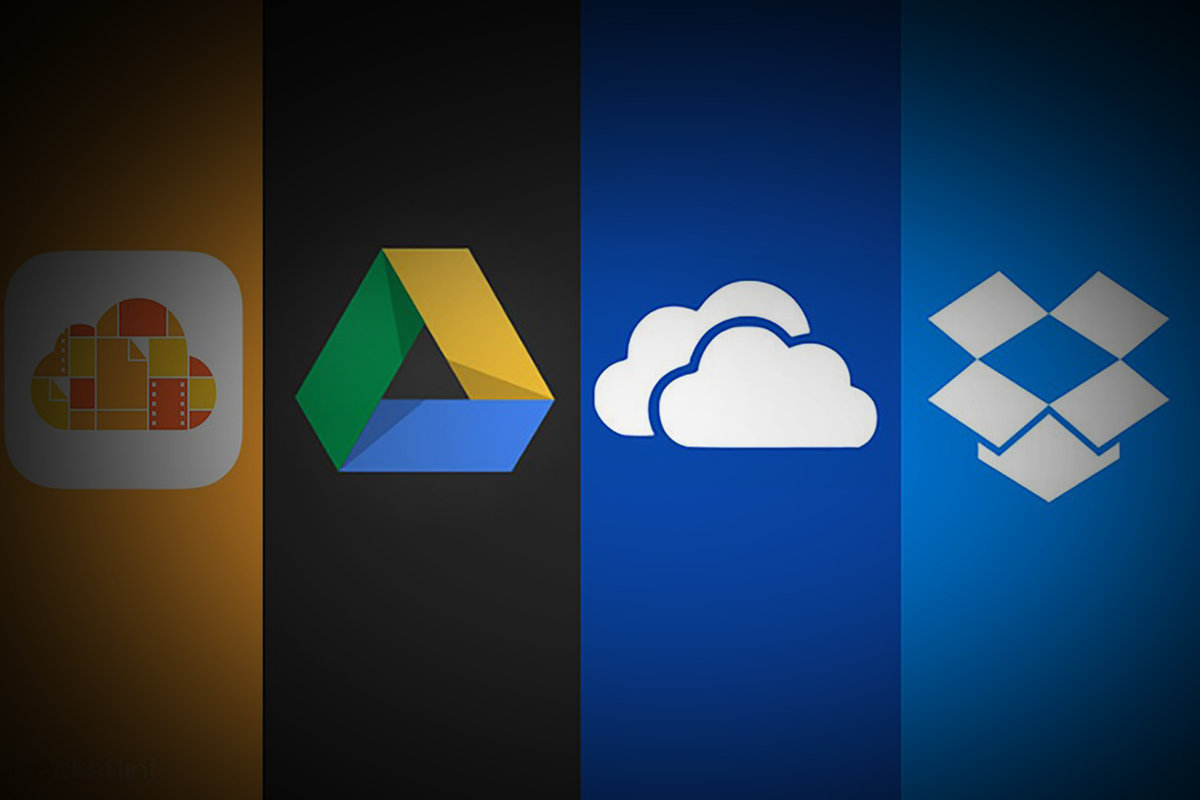
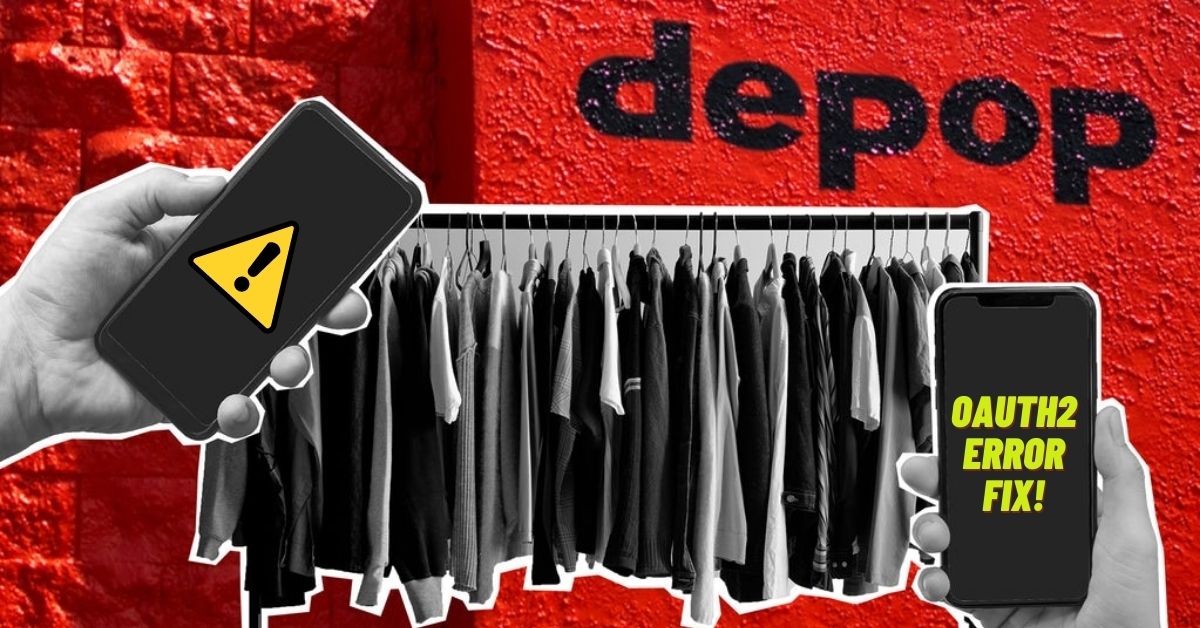
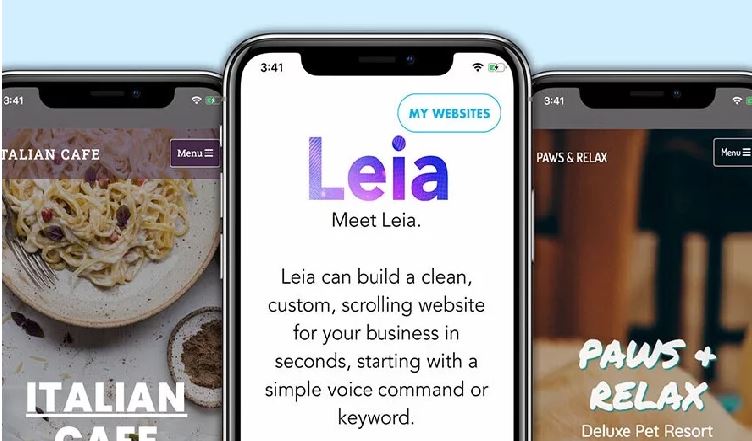
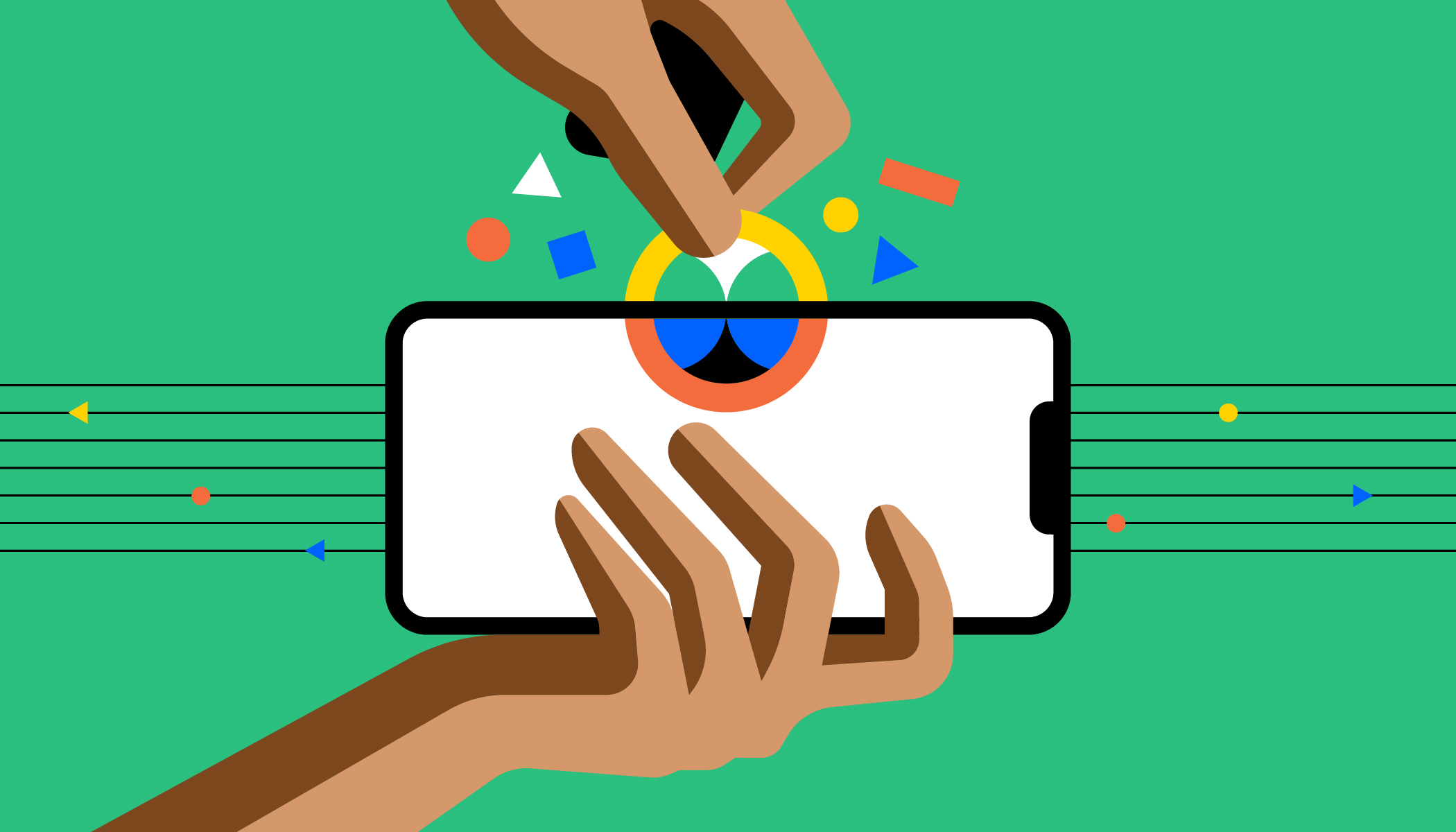
Add Comment